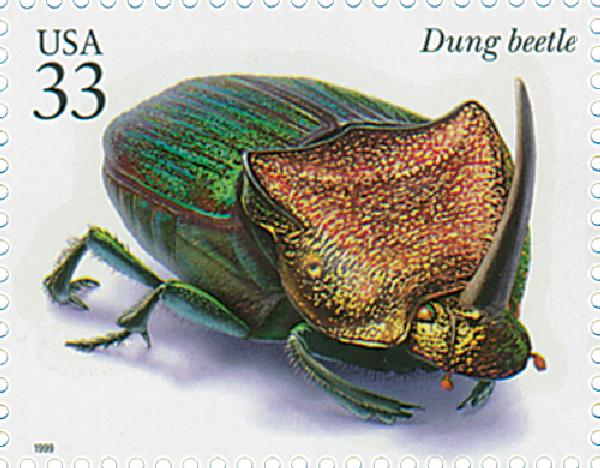A team of scientists from the United Kingdom, Brazil, and New Zealand tracked dung beetles in 30 forest plots scattered throughout the Brazilian state of Pará from 2010 to 2017. In total, they counted more than 14,000 dung beetles from 98 species. They also monitored how effectively the beetles were moving dung out of the plots, and how many seeds they were dispersing.
In the first year of their study, the researchers counted 8,000 beetles across their plots. In 2016 they counted just 3,700 beetles. In 2017, that number had dropped even further to 2,600. Filipe França, an ecologist at Lancaster University and Embrapa Amazônia Oriental in Brazil and lead author of the new study, said in a statement. “The loss of these hardworking beetles could indicate a wider problem that many mammals living in the forest may have also succumbed. Dung beetles depend on mammal’s poo for nesting and feeding, therefore declines in beetles are likely associated with the loss of mammals.”
The findings, published in the journal Biotropica earlier this month, are the latest example of the collapse in insect populations worldwide as the world warms and human activities impact ecosystems.
Source: Yale Environment, Feb 10, 2020
https://e360.yale.edu/digest/hotter-drier-el-ninos-linked-to-insect-dec…

- Login om te reageren
